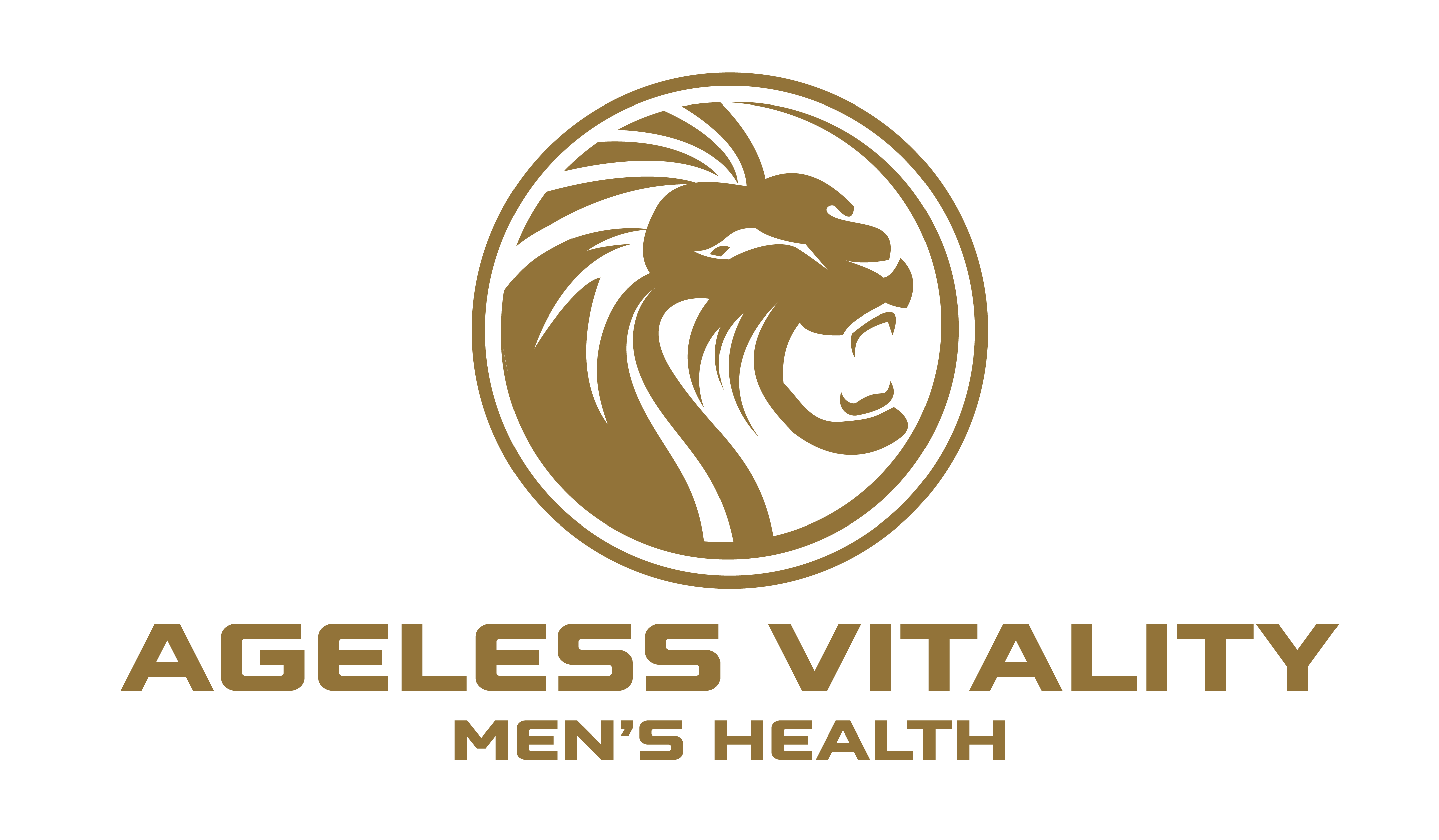Testosterone is a vital hormone that plays a significant role in many aspects of health, including muscle mass, bone density, energy levels, mood, and sexual function. While testosterone levels naturally decline with age, there are many other factors that can contribute to abnormally low testosterone, a condition known as low T or testosterone deficiency.
Low testosterone can lead to a range of symptoms, such as reduced libido, fatigue, loss of muscle mass, and even depression. Understanding the common causes of low testosterone is essential for identifying and addressing the issue. In this blog, we’ll explore the key reasons behind this condition and why it’s important to seek medical advice if symptoms arise.
Common Causes of Low Testosterone
- Aging
One of the most common causes of low testosterone is aging. Testosterone levels peak during adolescence and early adulthood, but they begin to decline gradually around the age of 30, decreasing by about 1% per year on average. While this decline is normal, some men experience more significant drops that lead to noticeable symptoms. - Chronic Health Conditions
Certain medical conditions can impact testosterone production, including:- Obesity: Excess body fat, particularly around the abdomen, can lower testosterone levels by converting testosterone into estrogen.
- Diabetes: Type 2 diabetes has been linked to lower testosterone levels due to its effects on the endocrine system.
- Heart disease and high blood pressure: These conditions can affect overall hormonal balance.
- Kidney or liver disease: These organs play a role in hormone regulation, and their dysfunction can lead to low testosterone.
- Hormonal Disorders
Disorders that affect the hypothalamus, pituitary gland, or testicles can disrupt testosterone production. For example:- Hypogonadism: A condition where the testicles produce little to no testosterone.
- Pituitary gland dysfunction: The pituitary gland releases hormones that signal the testicles to produce testosterone. Any disruption here can lower testosterone levels.
- Lifestyle Factors
Unhealthy lifestyle habits can also contribute to low testosterone, including:- Poor diet: Nutritional deficiencies, especially in zinc and vitamin D, can hinder testosterone production.
- Lack of exercise: Leading a sedentary lifestyle can reduce testosterone levels, while regular resistance training can help boost them.
- Alcohol consumption: Excessive drinking can interfere with the production of testosterone.
- Stress and sleep deprivation: Chronic stress elevates cortisol levels, which can suppress testosterone production. Similarly, poor sleep quality or sleep disorders like sleep apnea can lower testosterone levels.
- Medications and Treatments
Certain medications can cause testosterone levels to decrease, including opioids, steroids, and some treatments for cancer or prostate conditions. Chemotherapy and radiation therapy, in particular, can damage the testicles and reduce testosterone production. - Injury or Trauma
Physical injury to the testicles or surgeries involving the reproductive organs can impair testosterone production. Additionally, infections or conditions like mumps affecting the testicles can also lead to low testosterone.
Conclusion
Low testosterone can result from a variety of factors, ranging from natural aging to chronic health conditions, lifestyle choices, and medical treatments. Identifying the underlying cause is the first step toward restoring hormonal balance and improving quality of life. If you’re experiencing symptoms of low testosterone, such as fatigue, reduced libido, or loss of muscle mass, it’s crucial to consult a healthcare provider for proper testing and diagnosis. Addressing the root cause, whether it’s a medical condition or lifestyle factor, can help you regain energy, vitality, and overall well-being.

